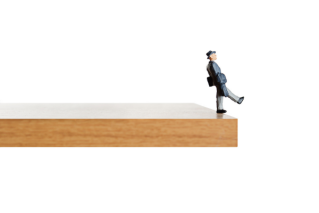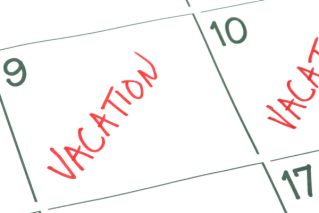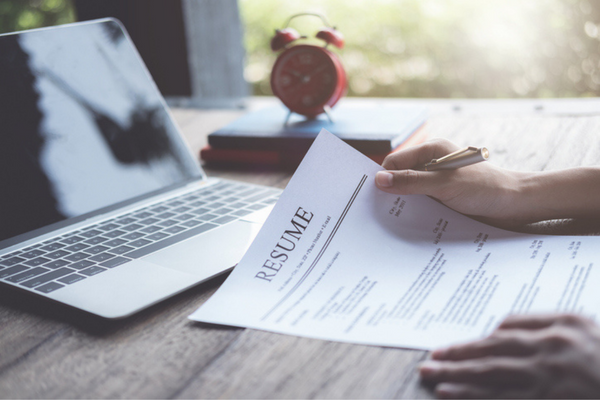
First, speak to your mentor and supervisor about your stress and anxiety. Do a self-assessment and ensure that you are qualified and have been properly trained for the assigned role and assignments. Take advantage of your employer's support programs including recreation and speak to a certified health professional if necessary. Delegate duties and take on fewer responsibilities. Ensure your supervisor is clear on deadlines, prioritize your work, and always plan your day. Do not be a part of all committees and only attend important meetings.
Take time to recharge, use your vacation days to relax, and take breaks at work. Identify the source of your anxiety at work and remove yourself from an unhealthy work environment or colleague. Avoid conflicts with colleagues and reduce your voluntary activities at work. Listen to music while you work if possible and take it easy. Speak to your supervisor's manager or the head of your department/division and request an internal transfer to a different department or different role within the same department if you've explored all other options.

Talk about the stress and/or anxiety you are feeling with a trusted friend or mentor. Often when we vocalize an issue we are better able to dissect it and diminish its impact on us or our work. Internalizing these stresses can be detrimental to an individual over the long term, with the stress manifesting itself in misplaced aggression, destructive habits, and/or depression.

A small amount of stress about work can help create a sense of urgency, which in turn helps keep the projects moving forward so you don't miss a deadline. But excessive stress can have a negative impact on your health - it is not wise to get sick over work related stress.
Keep an eye on work life balance. Taking time off, getting enough rest and sleep, focusing on a hobby like gardening or cooking, or spending time with friends and family, can help. This almost works like meditation and ideas to resolve the issue that you are anxious about may pop up in your mind when you are not worrying about it. I try to analyze the problem and come up with a path forward approach. Once I have a plan of attack, the anxiety level gets lower.
This article has been edited for length and clarity. The opinions expressed in this article are the author's own and do not necessarily reflect the view of their employer or the American Chemical Society.
ACS Career Consultants are experts and leaders working in the field of chemistry who have volunteered to support other ACS members’ career development through one-on-one career counselling. They can stimulate your thinking, ask important career planning questions to help clarify goals, provide encouragement, teach strategies for making meaningful career decisions, and aid you in your job search. Connect with an ACS Career Consultant today!








